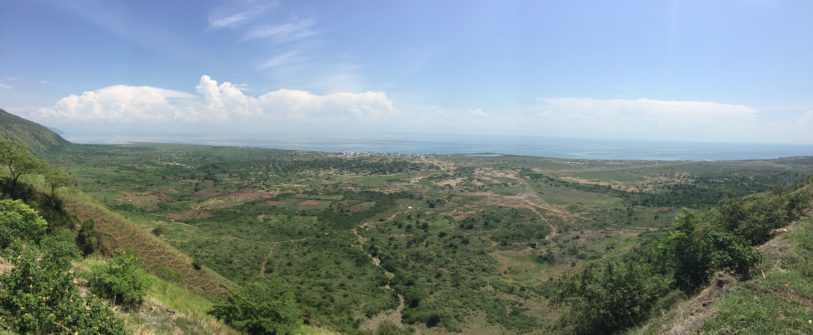
Finding substantial reserves of oil and natural gas can offer significant opportunities for the social, economic and political development of any country. However, without adequate environmental management, oil and gas operations can have lasting social and environmental impacts such as oil pollution and public health risks.
Different stages of oil and gas exploration and production involve the use of chemicals, generate diverse types of waste, emit greenhouse gases, and often occur within human settlements and wildlife habitats. These activities pose significant risks, potentially causing severe environmental harm.
UNEP prioritizes reducing global reliance on fossil fuels to combat climate change while acknowledging that oil and gas remain part of the global energy transition mix. As such, UNEP’s work in this sector focuses on significantly reducing greenhouse gas emissions from oil and gas operations and ensuring these activities do not harm local communities, public health, biodiversity, or critical ecosystems.
From 2016-2024, UNEP established a collaboration with the Government of Norway’s Oil for Development Knowledge Programme which aimed to enhance national institutional capacities for reducing environmental and pollution risks and strengthening environmental management in the upstream oil and gas sector in fragile and developing country contexts. UNEP provided training and capacity development support to OfD partner countries, which included Angola, Cuba, Ghana, Lebanon, Iraq, Uganda, Kenya, Tanzania/Zanzibar, Mozambique, Somalia, Sudan, South Sudan, Myanmar, and Colombia.
As a result of this collaboration, UNEP developed a comprehensive resource library of training materials. This library features six training themes, each containing respective presentation slides and group work exercises as well as links to video recordings and supplemental publications. Supplementary content in multiple languages has been added to this library when available. Use the side menu or arrow buttons on the bottom of the webpage to navigate through the training themes.
UNEP also provided multiple trainings related to oil spill preparedness and response, in collaboration with the International Maritime Organization, Norwegian Coastal Administration and the Nairobi Convention, as well as in methane emissions reduction, in collaboration with UNEP’s International Methane Observatory and Climate and Clean Air Coalition. Given that there are other platforms featuring training materials related to these two thematic areas, this online training library focuses on the themes featured below.
- Foundation Course for Reducing Pollution Risks in Oil & Gas
- Hazardous Chemicals and Waste Management in Oil & Gas
- Upstream Oil & Gas in Environmentally Sensitive Areas
- Oil Contaminated Site Assessment & Remediation
- Decommissioning Oil & Gas Facilities and Infrastructure
- Managing Associated Gas: Processing and Treatment
———————————————————————————————————————————
Stay updated on further developments by subscribing to our monthly newsletter and by following our LinkedIn page.